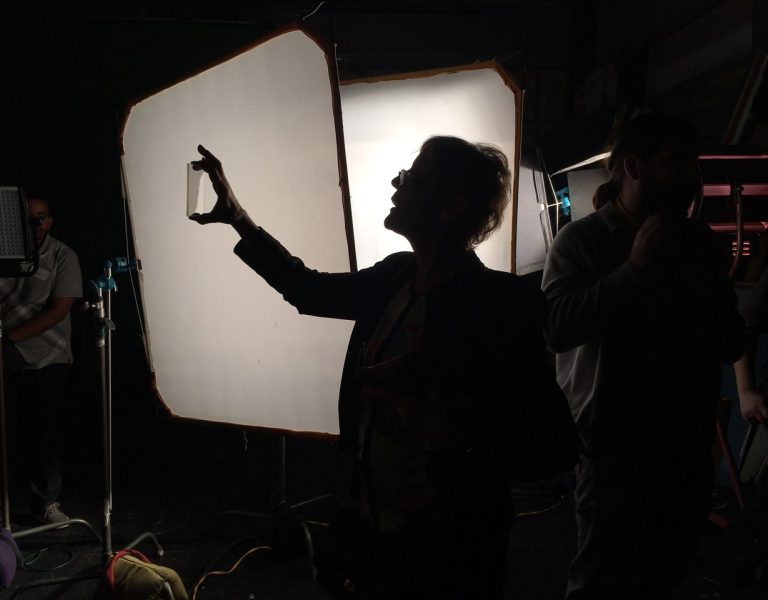From time to time, work permit applications cross my desk. These days we must call them Certificates of Sponsorship (CoS). They have mostly been from American applicants, but increasingly they have been from Europeans who, pre-Brexit, we would have not needed to hear from.
This split from our closest neighbours has brought in more than ugly stamps in our passports every time we dare to cross the Channel. For British technicians to work on the continent, permissions are needed separately for each member state of the EU. It is now harder to put together co-productions with European bodies than with any other bodies throughout the world.
Anyone who did not see this coming is self-deluding in the extreme. We may have been able to travel within the UK/Ireland block without COVID certifications for the last year, but it was always going to be difficult to move goods. It was always obvious that the EU will only allow in goods that meet their standards and that they will require proof that any goods meet those standards. It does not matter where this proof is established as long as it is established. The only purpose of having the freedom to vary these standards is to lower them. It has been clear for some time that we are in the process of reducing standards, not just for commercial goods but for working conditions, so that we as a nation can undercut other nations in order to attract production to the UK at the expense of the workforce.
Many walks of life are finding it difficult to attract workers back to the coalface after a virus-enforced hiatus that has given us all pause to think about what we need from the working environment. Long hours have been a plague in our industry for far too long. A future ban on the eleven-hour day is a small start to an eventual clawback of more sociable working conditions. The gradual erosion of pay over the last three decades that has resulted in work being worth 30 percent less than it was previously – a strong dis-incentive for technicians to assent to poor and exploitative conditions.
We have all been eager to return to work after our enforced hiatus, but we are no longer so ready to accept to abuses of the past. We will no longer travel great distances each day without some form of recompense and acknowledgement of the time that it takes. Our pause for thought has allowed us to reappraise our work/life balance and come to the conclusion that thing can be done in a better way without any loss of productivity, possibly even with a gain in productivity that will prove that a brighter future is available.

















